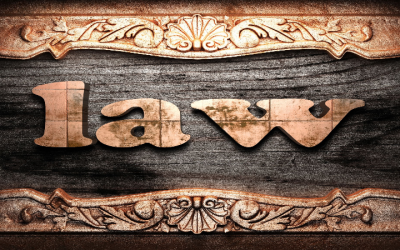Chapter 7 bankruptcy can help to eliminate debt and get a new start, which can improve the life of someone that has mounting debt that they have been unable to steer clear from. In order to file for chapter 7 bankruptcy, it’s important to contact a bankruptcy attorney who is experienced in this process. Chapter 7 is not available for everyone and another type of bankruptcy may be more suitable for the individual’s situation.
The process of a chapter 7 bankruptcy includes a trustee collecting all of the individual’s assets and then places them for sale. There are various exemptions to the items that can be sold, and they can be complicated. In Texas, there is also an option of using the federal exemptions instead of the Texas exemptions: if an item is secured by a loan, like a car, an individual must be current on their payment and the equity covers the exemption threshold, there may be an opportunity to continue to pay on the car and not sell it. A trustee may choose to liquidate the car if the equity is not covered by the exemptions.
The process to file for chapter 7 bankruptcy can be more understandable by visiting a bankruptcy attorney. Completing the questionnaire and knowing what balances are owed on all debt is important to take to the attorney’s office. It’s also important to take a list of any assets including 401K’s, real estate, cars and any other item that is of value including jewellery. There are some items that are not dischargeable in a bankruptcy such as:
*Child support
*Debts from personal injury or death due to driving while intoxicated
*Fines for violating the law
*Income tax
*Any debt that isn’t listed in the bankruptcy
Whatever the circumstances are that lead an individual to bankruptcy is a matter that should be discussed with the attorney, because once bankruptcy is filed, it cannot be filed again for another 6 years. For more information about filing bankruptcy, please feel free to check out .
Connect with us on Facebook and see our latest news and updates!



